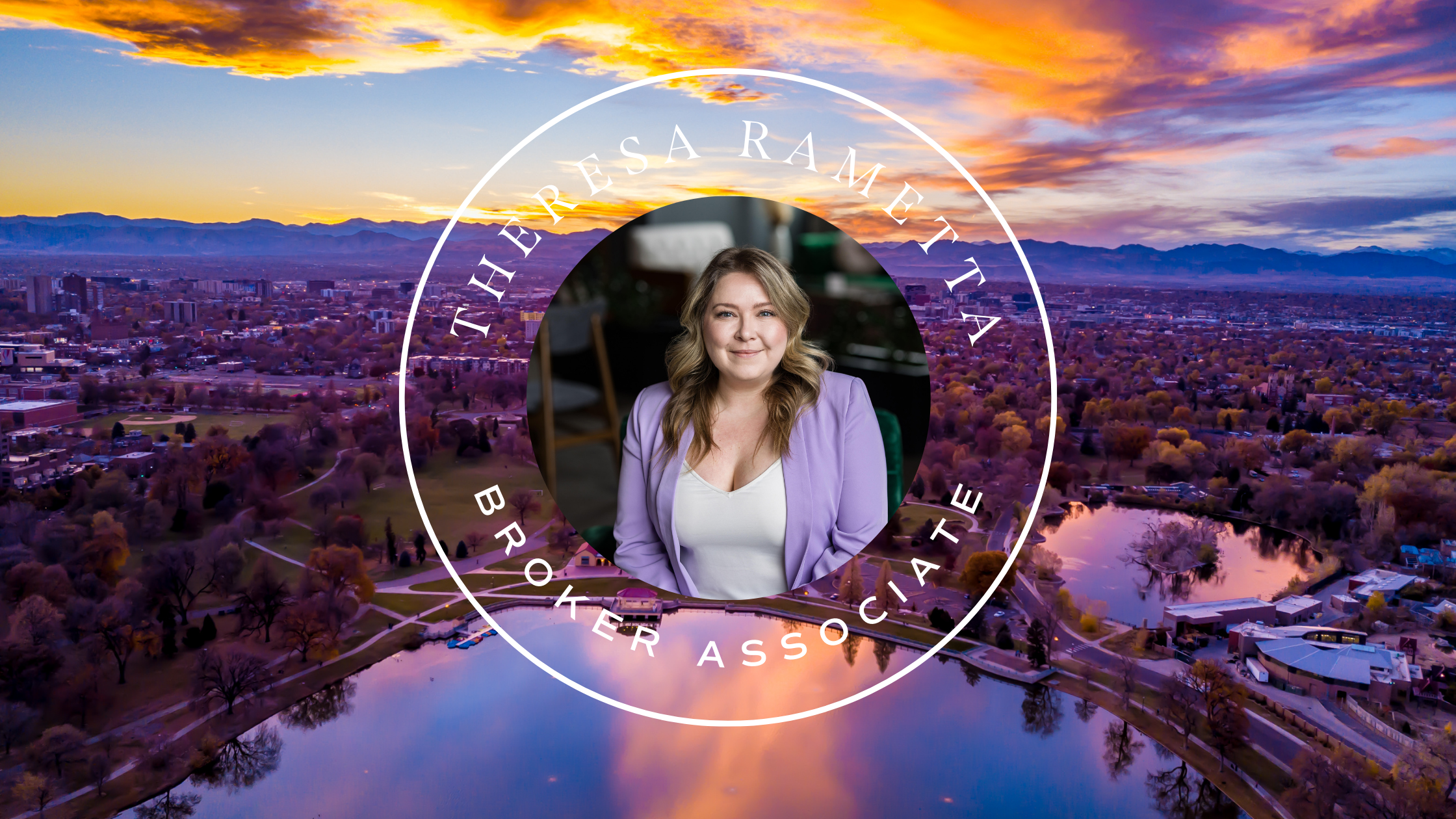Closing on a home is typically a cause for celebration for both the buyer and seller. This event signals the closure of your under contract process which in most cases had plenty of highs and lows. Making your closing appointment a vital event, even with it being at the end.
From the loan approval process to the home inspection to the appraisal, there are often anxiety-producing moments that are soon forgotten once closing day comes around. This culmination signals a new beginning for buyer and seller alike, and most likely ends a long period of preparation, searching and anticipation.
So what actually happens during a real estate closing?
Once you are under contract, make sure your agent keeps you in the loop of what you’ll be responsible to complete in regards to paperwork and how to keep ahead of the curve. Being fully informed of documents that have to be signed and when money has to be transferred will keep the wear and tear to a minimum.
The home buyer’s loan approval process will dictate how fast you’ll get to the closing table. In most cases, it takes 30-45 days to get a loan approved. When there is a cash offer, the tasks needed to get to closing move along much faster and you may be looking at less than four weeks to close. Regardless, once you are under contract, things move pretty quickly.
Before you get to the closing table, make sure you understand just how much money you’ll be on the hook for –- both as the seller and buyer.
Buyers’ Checklist
- Earnest money
This money, which is kept in escrow during the due diligence period, usually goes towards your down payment on the loan or will show up on the settlement statement as a credit if you are paying in cash.
- Pro-rations/Adjustments
Any agreed upon home improvements/deductions will be displayed in this category. For example, maybe the homeowner agrees to pay for half of a new roof. That deduction will appear on the statement and the buyer will be responsible for lining up the repair and paying the remainder.
If the seller will be renting back from you, any rent payments and security deposit will also show up in this column.
Finally, county/city/municipal, HOA fees and other potential taxes will be prorated and paid by the seller; you will be responsible for the remaining amount.
- Escrow/Title Changes/Recording Fees
The title company will have a number of fees associated with recording charges, taxes and necessary coverages. They can range from minor costs to several hundred. You may want to ask your agent or title company representative what the actual costs will be.
Sellers Checklist
The agreed-upon sales price of the home minus any debits (concessions on repairs, improvements, etc.) will be listed on the final settlement statement. Other debits include:
- Real Estate Commissions
Unless otherwise stated, the seller pays commissions to both the listing and selling agent. Make sure you understand how much the commission will be before signing off on the listing agreement paperwork with your agent. These fees are usually around 6 percent of the sale price.
- County/Municipal/HOA Fees
The property taxes will be prorated for the year and debited from the sales price. Any other relevant government entities that require payment will fall into this category.
- Escrow/Title Charges
Real estate closing fees and owner’s title insurance on the property will have to be paid to the title company. The closing fees are usually around $200 and the title insurance coverage amount will be based on the sales price of the home.
- Loan Payoff
If there is an existing loan on the property, this amount will be paid off and the sum debited from the ultimate payout to you.
- Other Debits and Credits
Some utility companies (like water/sewer districts) require an escrow payment to cover the seller’s consumption leading up to the closing. This amount is based on the average use from the last billing cycle.
What Happens at the Seller’s Closing Appointment?
The final step in selling your home entails signing documents and officially transferring property ownership to the buyer. The closing process finalizes the sale of your home and transfers the ownership to the buyer.
The closing appointment lasts about an hour and a half. The closing agent will look over the purchase contract and identify all payments owed (and by whom), and ensure all taxes, title searches, real estate commissions and other closing costs are paid. The buyer’s title will be recorded and you will receive any monies due to you.
What to bring: For the final closing appointment, make sure to bring all sets of the home’s keys, garage door openers, and a picture ID.
What Happens at the Buyer’s Closing Appointment?
The final step in buying your home is signing documents and officially transferring the property into your name. Typically the seller and their agent as well as your lender, broker and title company representative are present.
The closing appointment lasts about an hour and a half, and includes reading and signing the mortgage/loan documents and real estate documents. Be sure to wire funds or bring a certified check for the total amount of your closing costs and down payment, and two photo IDs, such as a driver’s license, employment badge, and/or valid passport.
Your title representative will fully explain all documents and also provide a copy of each for you. Once the appointment is done, the title company will record documents with the County Clerk’s Office — and the seller will give you the keys to your new home.
The title policy is generally issued within 30 days of the closing — this is an important document for you to file with your other legal documents in a safe place.





